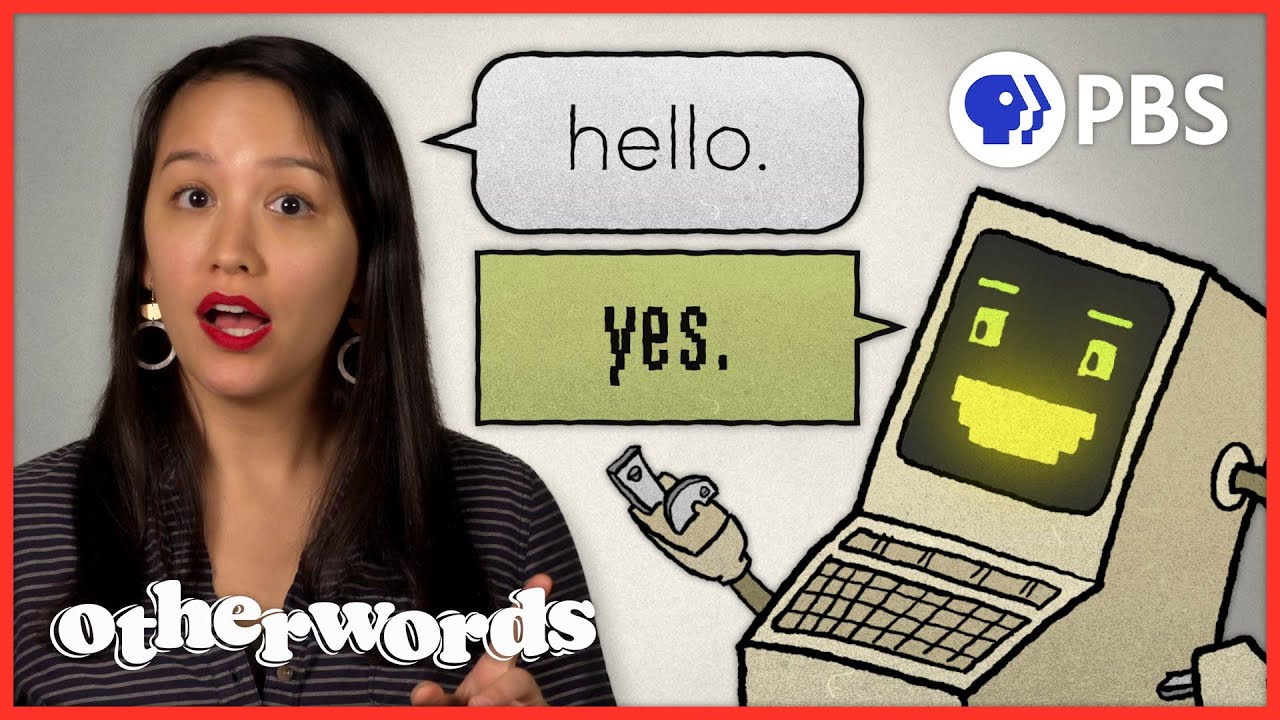Storied
For more word-nerdery, subscribe to Storied!: http://bit.ly/pbsstoried_sub
New advancements in technology are making it harder than ever to tell the difference between a computer and a human speaker… but what’s going on under the hood? Is it really “language,” or just a digital illusion?
Check out GPT-3 in action at AI Dungeon: https://play.aidungeon.io/
Otherwords is a new PBS web series on Storied that digs deep into this quintessential human trait of language and fınds the fascinating, thought-provoking, and funny stories behind the words and sounds we take for granted. Incorporating the fıelds of biology, history, cultural studies, literature, and more, linguistics has something for everyone and offers a unique perspective into what it means to be human.
hosted by Dr. Erica Brozovsky, Ph.D.
written by Andrew Matthews
directed by Andrew Matthews & Katie Graham
produced by Katie Graham
animated & edited by Andrew Matthews
executive producer Amanda Fox
Assistant Director of Programming (PBS): Niki Walker
Executives in Charge (PBS): Brandon Arolfo, Adam Dylewski
music by APM
